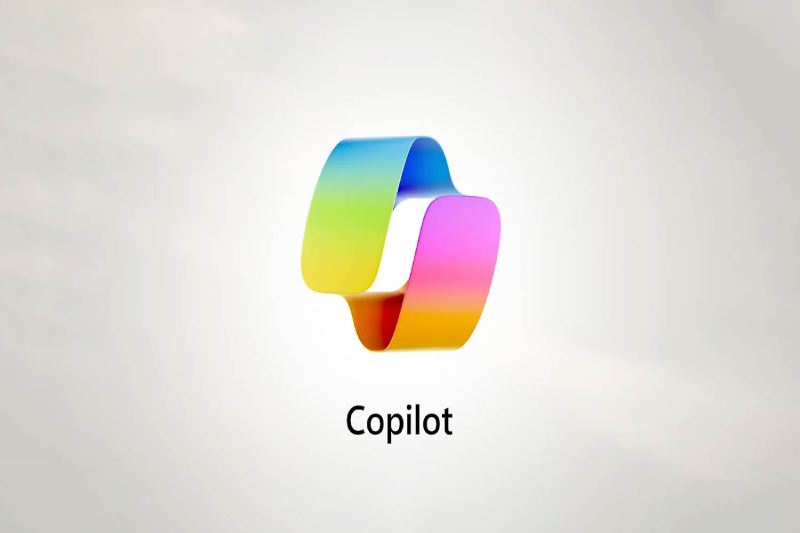An extensive investigation of the difficulties, prospects, and requirements related to developing AI-powered product copilots has been carried out by researchers at Microsoft and GitHub Inc. 26 experienced software engineers from different firms that were in charge of creating these cutting-edge solutions were interviewed for the study.
Nearly all computer companies are vying to include advanced AI capabilities into their software, but there are still a lot of issues to be resolved. The probability of failure scenarios can be increased by coordinating various data sources and prompts, and evaluating LLMs is challenging because of their inherent variability. In this quickly changing sector, developers also find it difficult to stay current with best practices; they frequently turn to academic publications or social media for advice. The management of safety, privacy, and compliance are crucial issues that need to be handled carefully to prevent harm or breaches.
“Creating a one-stop shop to incorporate AI into projects is still difficult. According to Austin Henley, “developers are looking for a place where they can jump right in, go from a playground to an MVP, connect all of their data sources to the prompts, and then integrate the AI components into their current codebase with efficiency.” “Quick feedback could be obtained with a prompt linter. A “toolbox” or library of prompt snippets for frequently performed activities was also requested by developers. Furthermore, it would be extremely beneficial to track the impact of timely adjustments,” Henley went on.
Prompt engineering, or the act of developing prompts that start an AI model’s inference process, was one of the major challenges found. “Because these large language models are often very, very fragile in terms of responses, there’s a lot of behavior control and steering that you do through prompting,” stated a participant (P7). Because of this unpredictable nature, it’s more art than science because developers must spend a lot of time on trial-and-error procedures.
Benchmark testing was brought up as another concern. Writing assertions with generative models, such as Large Language Models (LLMs), becomes challenging as each response could be different from the previous one; it’s as if each test case is a test with flaws. As one participant put it, “That’s why we run each test ten times” (P1), and another said, “If you don’t have the right tools, experimentation takes a lot of time” (P12).
Participants also voiced worries about challenges related to compliance, safety, and privacy when integrating AI into goods. As an example: “Do we want actual people to be impacted by this? P11 stated, “This operates in nuclear power plants,” underscoring the possible dangers of utilizing such technologies in the absence of appropriate safeguards. Lastly, stay current or even understand where to concentrate their efforts while picking up new tools or abilities. For us, this is all very new. As we proceed, we are learning. There isn’t a set way to accomplish things correctly! (P1)
The modifications coincide with the introduction of new CoPilot design elements and enhancements by Microsoft. For instance, all Copilot users who speak English in the United States, the United Kingdom, Australia, India, and New Zealand can now edit images while a discussion is in progress. A number of Microsoft Copilot Pro subscribers have reported performance difficulties, which prompted the revisions.


 Entertainment3 weeks ago
Entertainment3 weeks ago
 Entertainment3 weeks ago
Entertainment3 weeks ago
 Entertainment3 weeks ago
Entertainment3 weeks ago
 Entertainment3 weeks ago
Entertainment3 weeks ago
 Entertainment3 weeks ago
Entertainment3 weeks ago
 Entertainment2 weeks ago
Entertainment2 weeks ago
 Uncategorized3 weeks ago
Uncategorized3 weeks ago
 Entertainment3 weeks ago
Entertainment3 weeks ago














